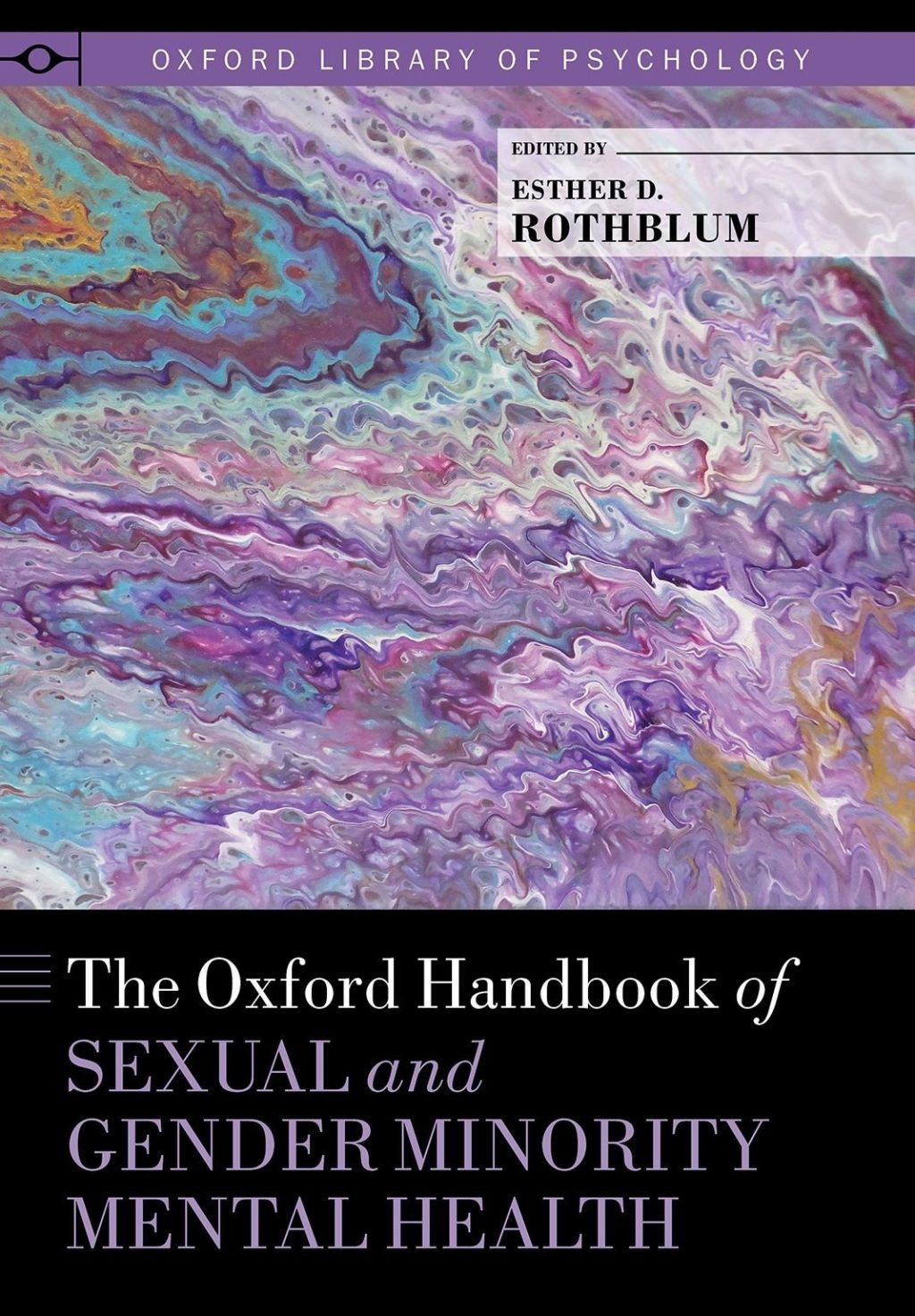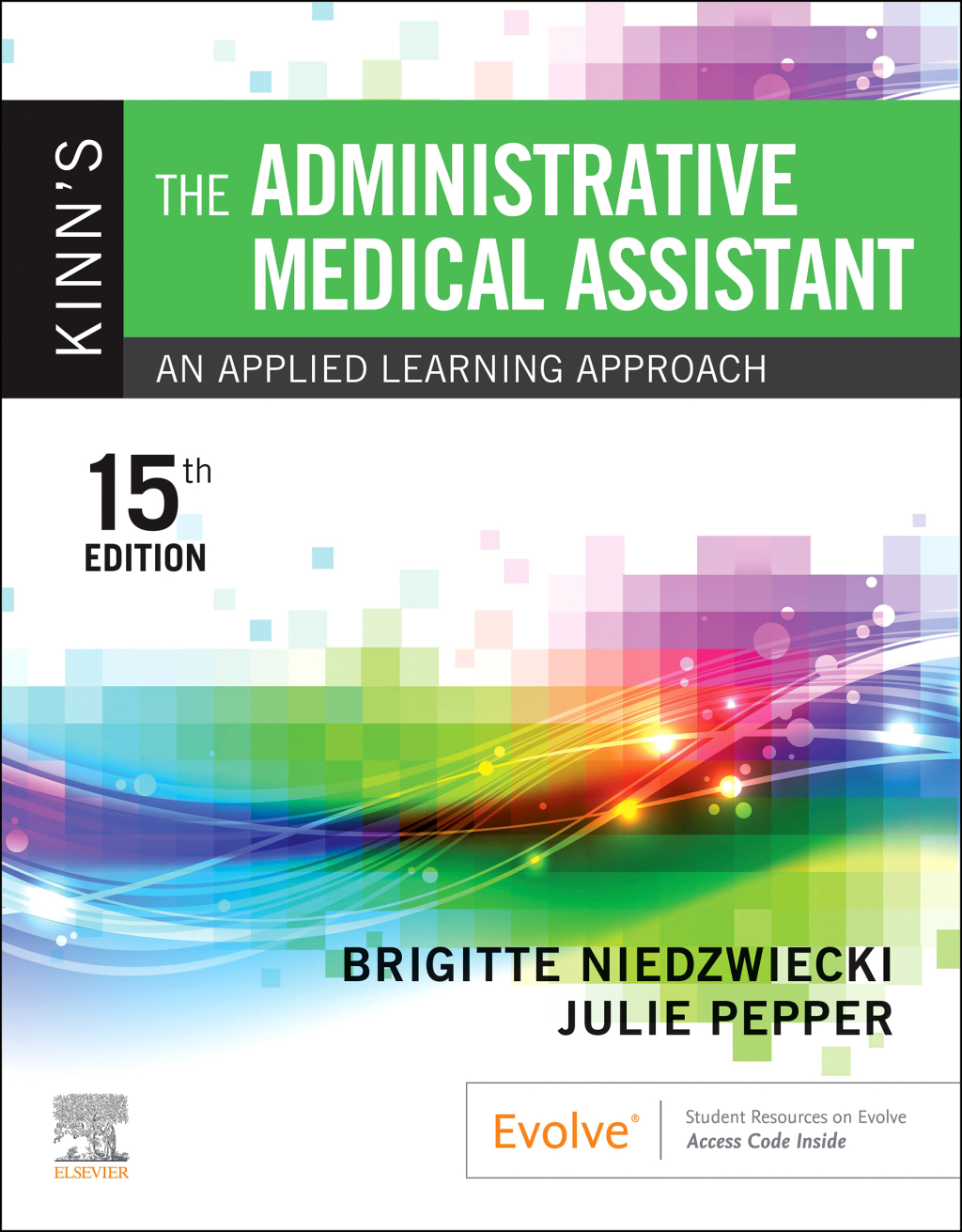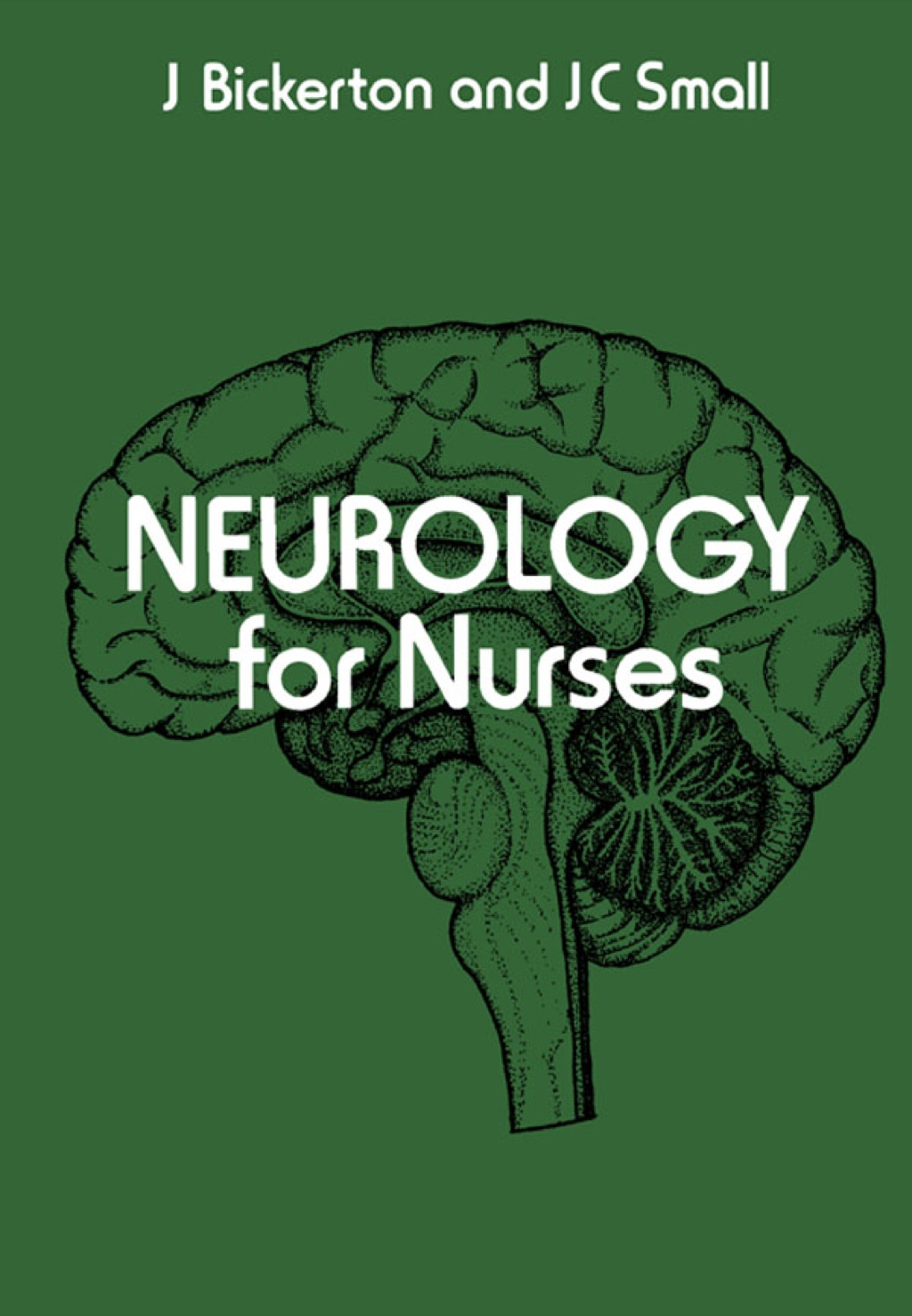The Oxford Handbook of Sexual and Gender Minority Mental Health provides a comprehensive and authoritative review of research on the mental health of sexual minorities-defined as those who identify as lesbian, gay, bisexual, queer, or same-gender attracted; as well as the mental health of gender minorities-defined as individuals who do not fully identify with their sex assigned at birth, including people who are transgender or gender non-binary. The twenty-first century has seen encouraging improvements in sampling, methods, and funding opportunities for research with sexual and gender minority (SGM) populations; nevertheless, a key purpose of this Handbook is to identify lingering gaps in research in order to motivate future scientists to expand knowledge about SGM mental health. The volume begins with a historical overview, followed by sections on mental health categories/diagnoses (such as anxiety, trauma, eating disorders, and suicide) and specific sexual and gender minority populations (including examinations of diverse ethnicities and orientations/identities). The handbook concludes with chapters on stigma, the role of resilience, and future directions for research with SGM groups. The volume is aimed at researchers conducting studies on the mental health of SGM populations, clinicians and researchers interested in psychiatric disorders that affect SGM populations, clinicians using evidence-based practice in the treatment of SGM patients/clients, students in mental health programs (clinical psychology, psychiatry, clinical social work, and psychiatric nursing), and policy makers.
The Oxford Handbook of Sexual and Gender Minority Mental Health 1st Edition
Author(s): Esther D. Rothblum
Publisher: Oxford University Press
ISBN: 9780190067991
Edition: 1st Edition
$39,99
Delivery: This can be downloaded Immediately after purchasing.
Version: Only PDF Version.
Compatible Devices: Can be read on any device (Kindle, NOOK, Android/IOS devices, Windows, MAC)
Quality: High Quality. No missing contents. Printable
Recommended Software: Check here










